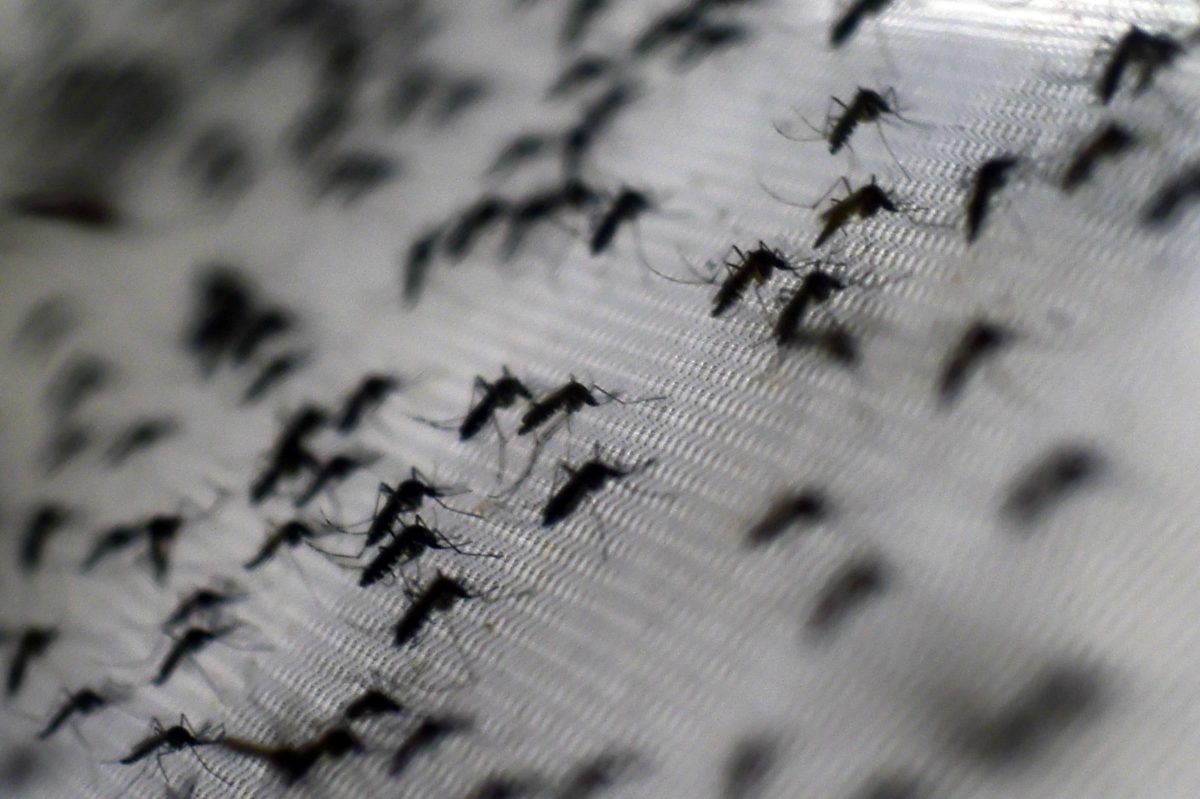Costa Rica hopes to report zero indigenous malaria cases in 2020 and to eliminate malaria nationwide by 2022, according to a report from the Ministry of Health.
The report says Costa Rica’s efforts to enact national risk stratification profiles and adhere to the Pan American Health Organization / World Health Organization’s integrated diagnosis, treatment, investigation and response (DTI-R) model have helped the country contain malaria outbreaks.
In addition, the Ministry of Health says, its officials have received specialized training in the rapid identification and prevention of malaria.
Malaria elimination, according to WHO, is the “interruption of local transmission (reduction to zero incidence of indigenous cases) of a specified malaria parasite species in a defined geographic area.”
A WHO analysis published in 2016 named Costa Rica among 21 countries that have the potential to eliminate malaria by 2020.

In 2019, Costa Rica has reported 111 cases of malaria and its path to malaria elimination is “somewhat off track,” according to WHO. The organization cites illegal mining in northern Costa Rica as a potential barrier to malaria elimination.
Indeed, Costa Rica has recorded the majority of its 2019 malaria cases in the northern canton of San Carlos, Alajuela province.
However, the Health Ministry says its efforts have neutralized malaria outbreaks — particularly on the country’s northern Caribbean.
“The entire health sector nationwide is working to ensure detection, diagnosis, treatment, research and quality response to eliminate the parasite from any reservoir of malaria in the country, while strengthening the epidemiological surveillance system to ensure that cases are detected promptly to perform integrated vector management and reduce the risk of reintroduction in vulnerable areas,” said Alejandra Acuna, Deputy Minister of Health.
To help monitor Costa Rica’s progress, the Ministry of Health has collaborated with PAHO/WHO to create an independent team of health specialists to advise the country on its implemented actions.






